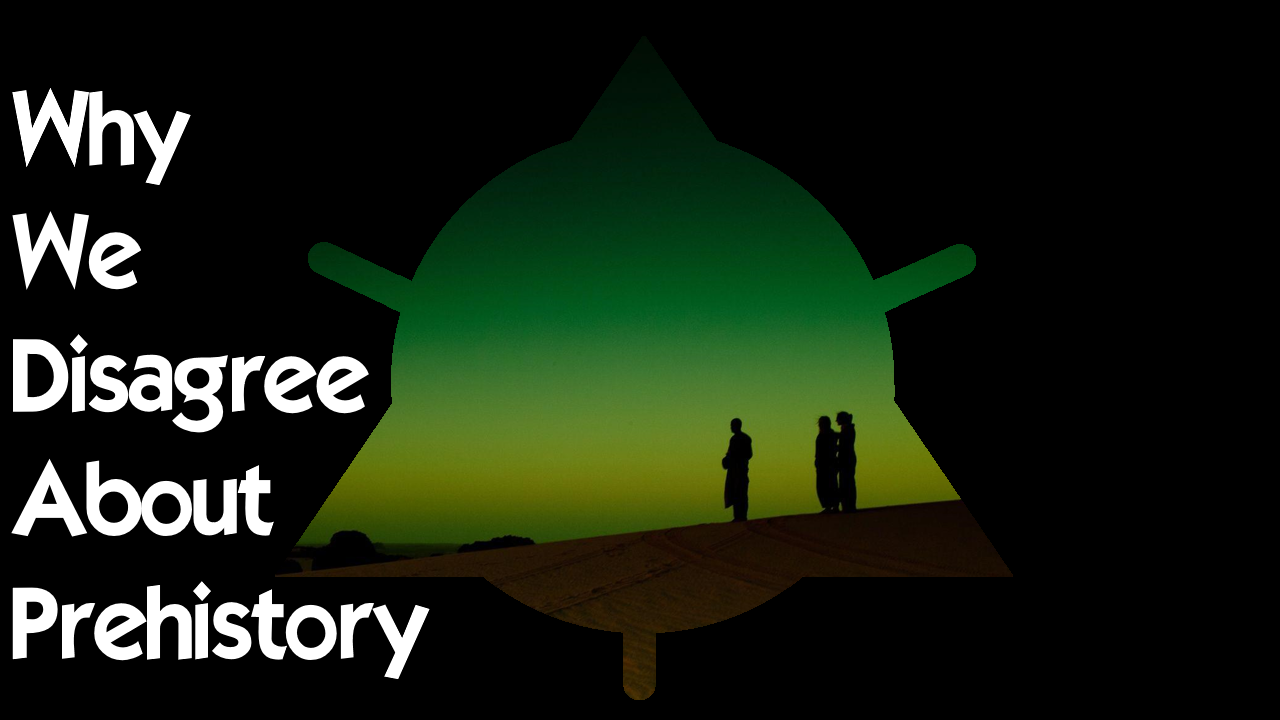How to be an Environmental Biologist: Without Debt or Politics
Becoming an environmental biologist does not require a particular political leaning or massive amounts of college debt. If all you want is to be someone that does what environmental biologists do, there are several skills that you can practice and polish right here, right now, for free. So again, you don’t need a degree or change your political leaning to use some of the basic skills that can help you appreciate the natural world around you. You, the reader, and I, the writer, will focus our efforts on a few key points. 1. The “observation focused” scientific method 2. Methods of Observation. 3. Locality. 4. Focused research.
The scientific method is a process of turning observations and hypotheses into data that other scientists can use. Our goal is not necessarily creating perfect data that we then publish into a paper and share with the world. I am also assuming we all don’t have a level 2 lab with federal security clearance to analyze samples with. In pursuing realization and discovery, you will most likely journal your findings or share info with friends, family, and followers on social media.
Master your powers of observation. Use your senses safely and wisely to understand your situation. Your five senses, sight, touch, smell, hearing, and taste, can all be used to help get the best observations. More on this later.
After doing all sorts of observations, feel free to ask questions, but try to ask the best questions that you can. A hypothesis is merely a good question worth asking. The more specific your question, the better of you are. Even if the question were stupid and wrong, a precise question would get you better results. Thinking through a question to make it more specific will also make it a better question. If you don’t know, feel free to ask the question. If you don’t know, it’s not a stupid or wrong question.
In the scientific method, one needs to do experiments. We don’t need to have a lab to do experiments, but we can do research. If you are curious about a type of tree or what kind of fish are in your area, a google search is enlightening. Official sources like game fish and parks, journal articles, and the like are a great starting place in America. In other parts of the world, you can use other resources.
Often during research, one usually finds all sorts of information. This info or data often tells you a lot, even a bunch of info you were not expecting. Try to only search for the answer to one question at a time. If you encounter new questions or concerns, write them down and keep them for later as you focus on your initial inquiry. This will help you answer your initial question, avoid time-consuming rabbit holes, and allows you to go back to those new questions and answer them when the first question is done.
While more advanced science courses will talk about affirming or disproving the hypothesis, the average person is most concerned with sharing what they have learned, whether their minds were changed or if they found out something new about something cool. In some sense, the average person is trying to show that they are intelligent, growing, and using this as the means.
Most people are trying to discover something new about the world they live in. Since any experimentation is based around discovery, your ability to observe the environment will make or break your success.
Look around and try to notice the nonliving factors like the soil, rock formation, bodies of water, how the wind blows, human habitation like buildings, skyscrapers, concrete, fences, and the like. Try to look for living things, like plants, fungi, algae, bugs, and animals like birds, mammals, reptiles, amphibians, and even fish. Try to notice how many or few people there are in the area, and feel free to guess their age as many male children tend to be different from places with a lot of female elderly. Noticing a lack of teenagers is just as valuable as seeing a prevailing age or sex group.
While touch can be a practical sense, it can also get a person in trouble. Many plants and animals have toxins that can cause injury. Many animals contain harmful microbes, so avoid touching plants and animals unless you know it is safe. Avoid touching corpses and strange, unknown surfaces. It is ok to touch public rock formations, tree bark, among other things. Wash your hands after every expedition to minimize your risks. It’s valuable to bring a walking stick if you need something for your protection, and it helps keep your stability throughout uneven terrain.
The sense of smell is valuable, along with taste. Try to smell and taste the air, as that can tell a story of pollution, pollen, temperature, humidity, and far more. Avoid eating anything without treating it first, as rivers can have pesticides, and you never know what animal urinated on the wild strawberries. Avoid eating anything raw unless if it is treated first. Avoid directly smelling things but feel free to waft, which is waving your hand repeatedly towards your face to move some of the smell closer to your face.
Hearing is one of the best senses for observing things. Try to stop throughout your journey and just listen. Try to hear the water flowing, the wind blowing, the animal calls, the bird cries, the hum of insects. Also, try to notice what you don’t hear. Can you hear the water, or is there no water in the environment? What do you hear from people? Can you hear cars go by, or is it only the quiet murmur of conversation? If you’re observing different environments, be sure to notice the difference in what you hear from other parts of the journey.
The third takeaway is to stay local. Practice your observations in your backyard, in your current place of residence. Many think that they need to leave to some exotic land to practice environmental biology. Yet, if you are incapable of seeing the wonder that you call home, you are doomed. Start with your property or the stuff by your apartment. Try to figure out what kind of tree is in your yard, identify what grass is in the lawn, what birds commonly flit overhead. The more you know where you sleep and eat, the more you can find something to love. Try to find the parks, and see if something sticks out to you. Explore your herbariums, the museums, and talk to some locals. They know where the fishing spots are, the excellent hunting places, the peak places to trap, forage and garden. Try to stay within walking distance, although there is no shame in using bicycles or cars.
You should figure out where the most dangerous parts of the locality are and the prettiest. Some places are outstanding in the morning, while others are glorious at twilight. Try to figure out which natural disasters are the most common in your area and prepare for them. Few things are more embarrassing than a hydrologist getting their basement flooded. It’s also easier to give guests a wondrous experience if you know your way around the locality.
Don’t take this as some youtube forbidding you from traveling around. On the contrary, whatever principles and ideas you can master in your backyard will allow you to enjoy foreign and exotic locations far more than most.
The final thing to keep in mind is focused research. Write down your questions in chronological order. From the first to the last, search for the answers. Don’t search for the answers to the second question until the first one is answered well. Feel free to change the question if it is not what you were trying to ask. It is tempting to jump around and just answer whatever you feel like, but the dedication and discipline you will get from staying focused on one question at a time will be the thing that allows you to get the best answers and at the quickest pace. Take the time to do it right, and you will be in the fast lane.
The more a question persists in your mind, the more important this question is to your subconscious. If you notice a theme or motif around your questions, even if there seems to be no connection or relation, that can help you. Learning what you are drawn to can help you understand a lot about yourself.
The more casual the question, the more relaxed the answers can be. A simple, straightforward question is something that does not need much research. However, the better questions need more research but leave you a changed person. Wiser and more ready for the world. Try to master terms and vocab, especially if you keep noticing them coming up again and again. Vernacular limitations will hamper exploration. Better use of terminology will make the questions and answers far more valuable.
When you find an answer in your research, write it down, or share it with social media. However, do be cautious in basing your exploration on what others find fascinating. If you chase the likes and shares, most people usually resent their once beloved hobby. Instead, try to enjoy crafting the perfect conversation piece or the best line as the base of your enjoyment, and let any fanfare for your work be icing on the cake.
Overall, use the scientific method, master your power of observation, start local and focus on your research are the stepping stones to learning, practicing, and learning the basic skills and techniques to create. These are the skills that environmental biologists use in their work, and by doing these things, you can get professional experience without debt or politics. After all, we all live in the environment, so we should be able to cherish the land, sky, and wildlife, no matter what.
Harvard Formatted Sources
Bonewitz, R.L., 2013. Smithsonian Nature Guide: Gems. New York, New York: Dorling-Kindersley Limited, 224 pp.
Merchant, C., 2011. Major problems in American environmental history. Cengage Learning.
Molles, M., 2015. Ecology: concepts and applications. McGraw-Hill Education.
Simpson, B.B. and Conner-Ogorzaly, M., 2013. Plants in Our World: Economic Botany. McGraw-Hill Education.
Whalen, J.K. and Sampedro, L., 2010. Soil ecology and management. CABI.




This article is well filled with detailed information on the “how to”. It is skillfully presented in an easy-to-understand way of procedure.